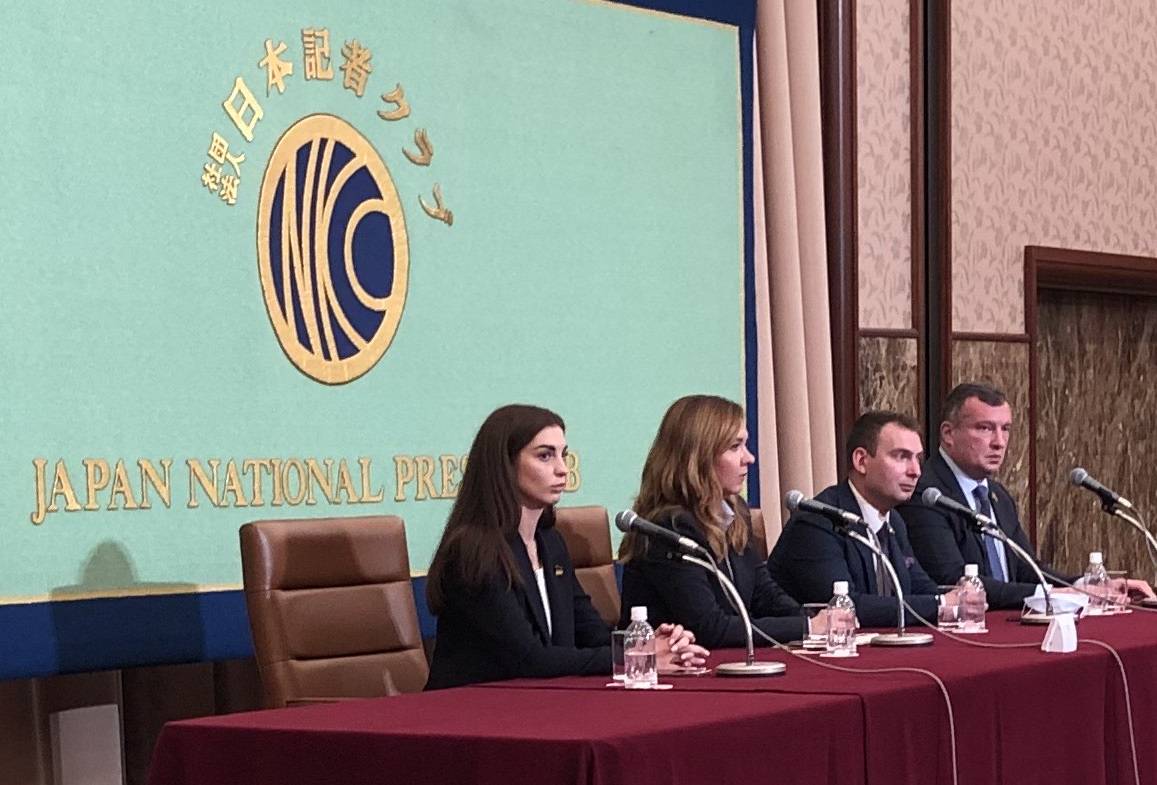Japanese knowledge and expertise on how to rebuild after a disaster will be of use to Ukraine when it eventually starts the recovery process from the devastating war with Russia, a group of Ukrainian lawmakers said Wednesday.
Dr. Galyna Mykhailiuk, a lawyer and co-chair of the Japan-Ukraine Parliamentary Friendship League, described Japan as “a leader in the world” in terms of disaster response — be it natural, war or nuclear-related — that Ukraine can learn from as it plans its own future recovery.
“We are looking forward to an exchange of information and knowledge in this regard,” she said during a news conference at the Japan National Press Club in central Tokyo.



















With your current subscription plan you can comment on stories. However, before writing your first comment, please create a display name in the Profile section of your subscriber account page.